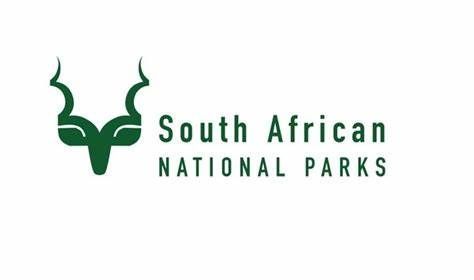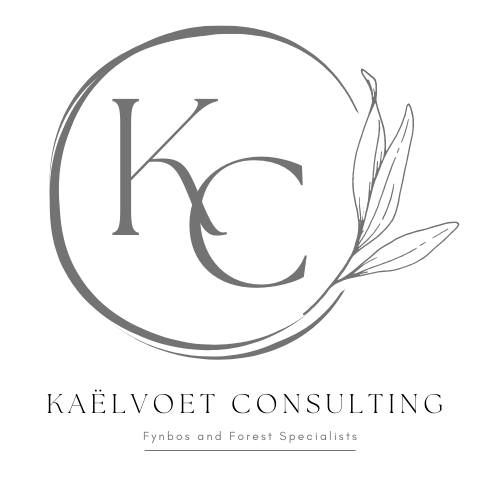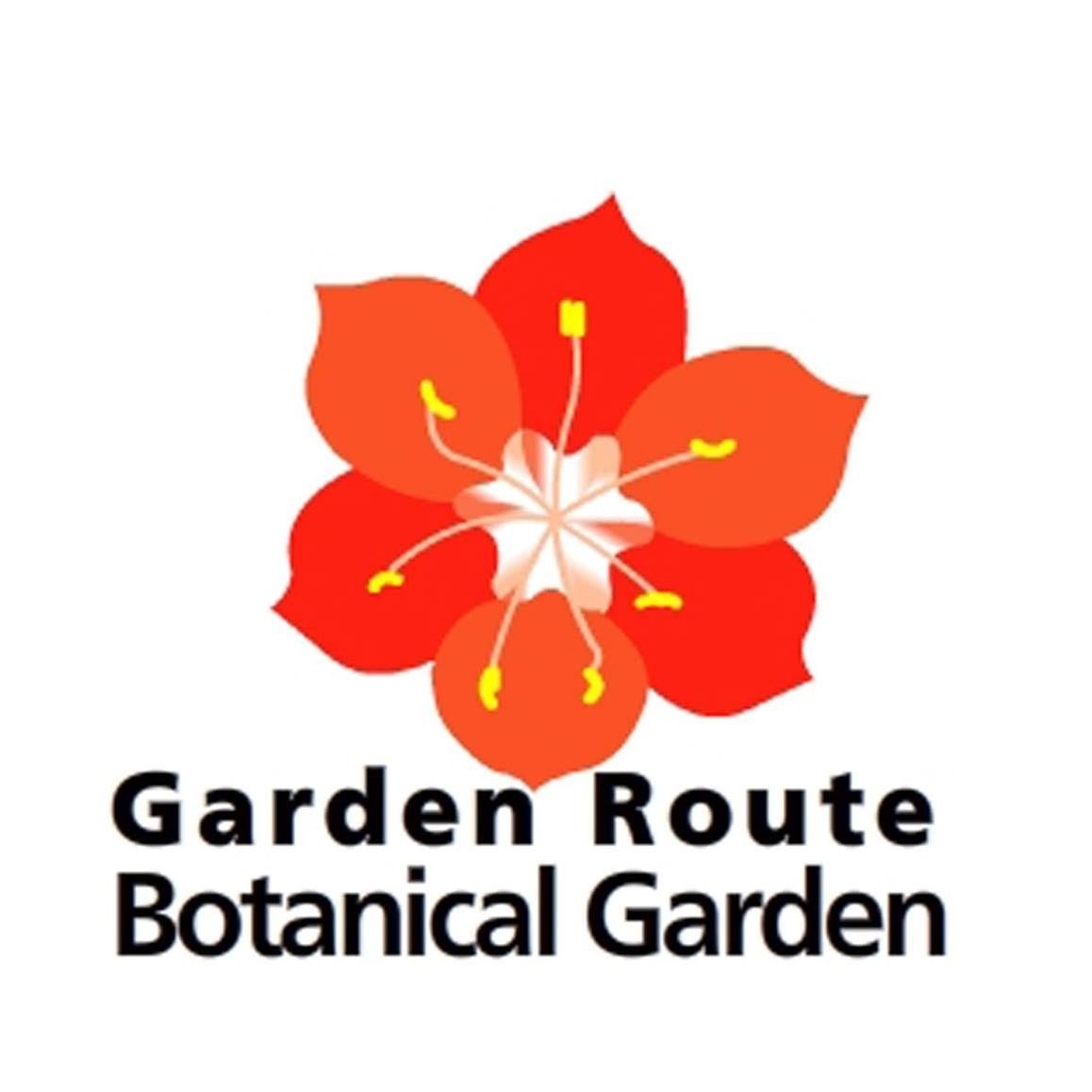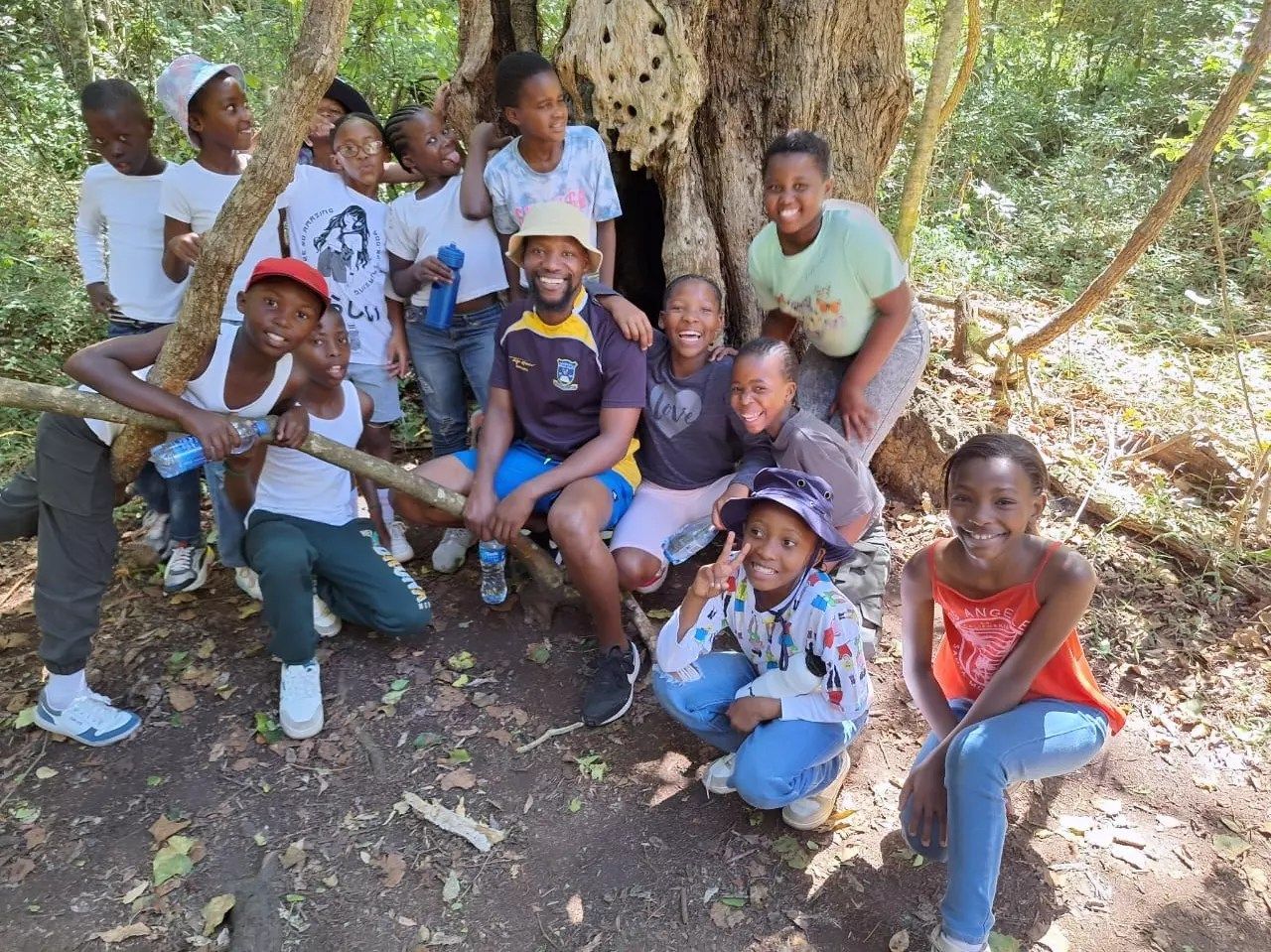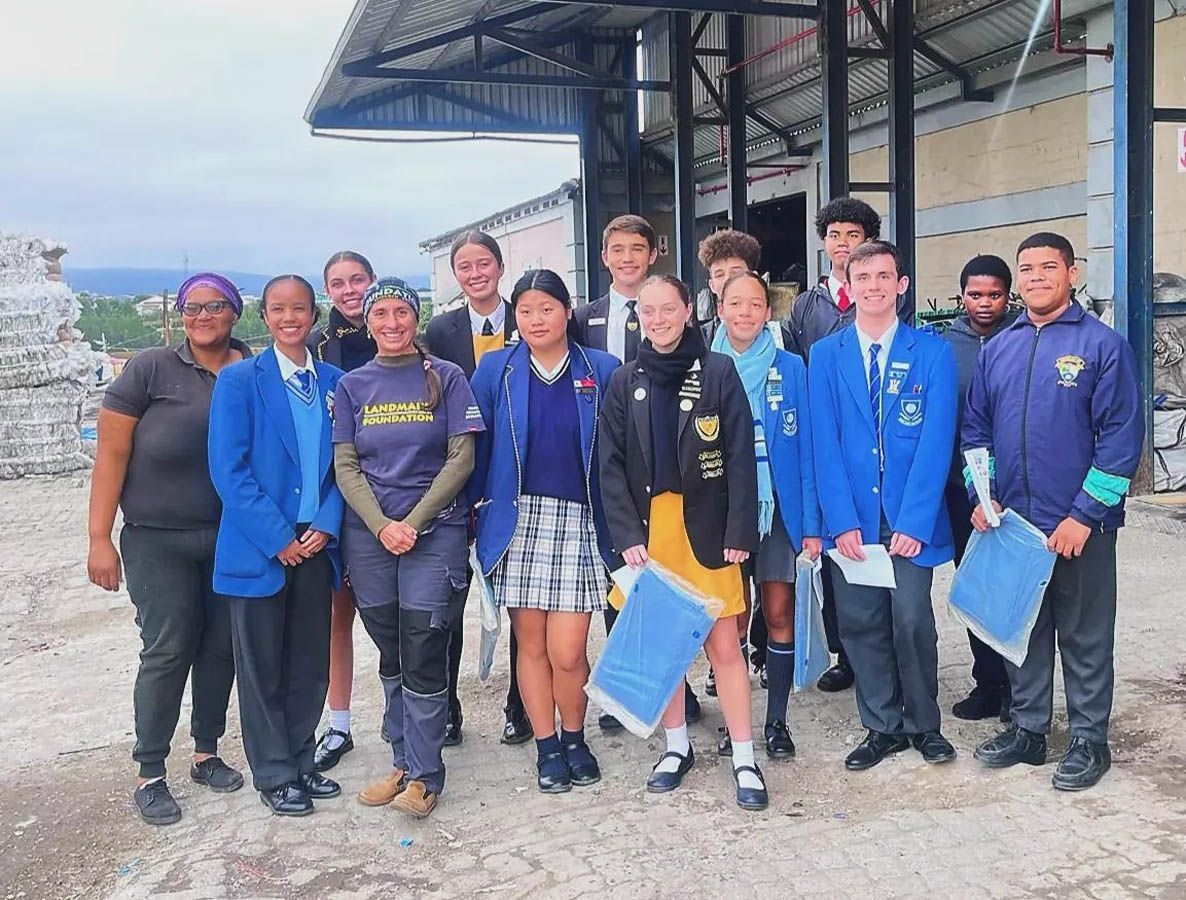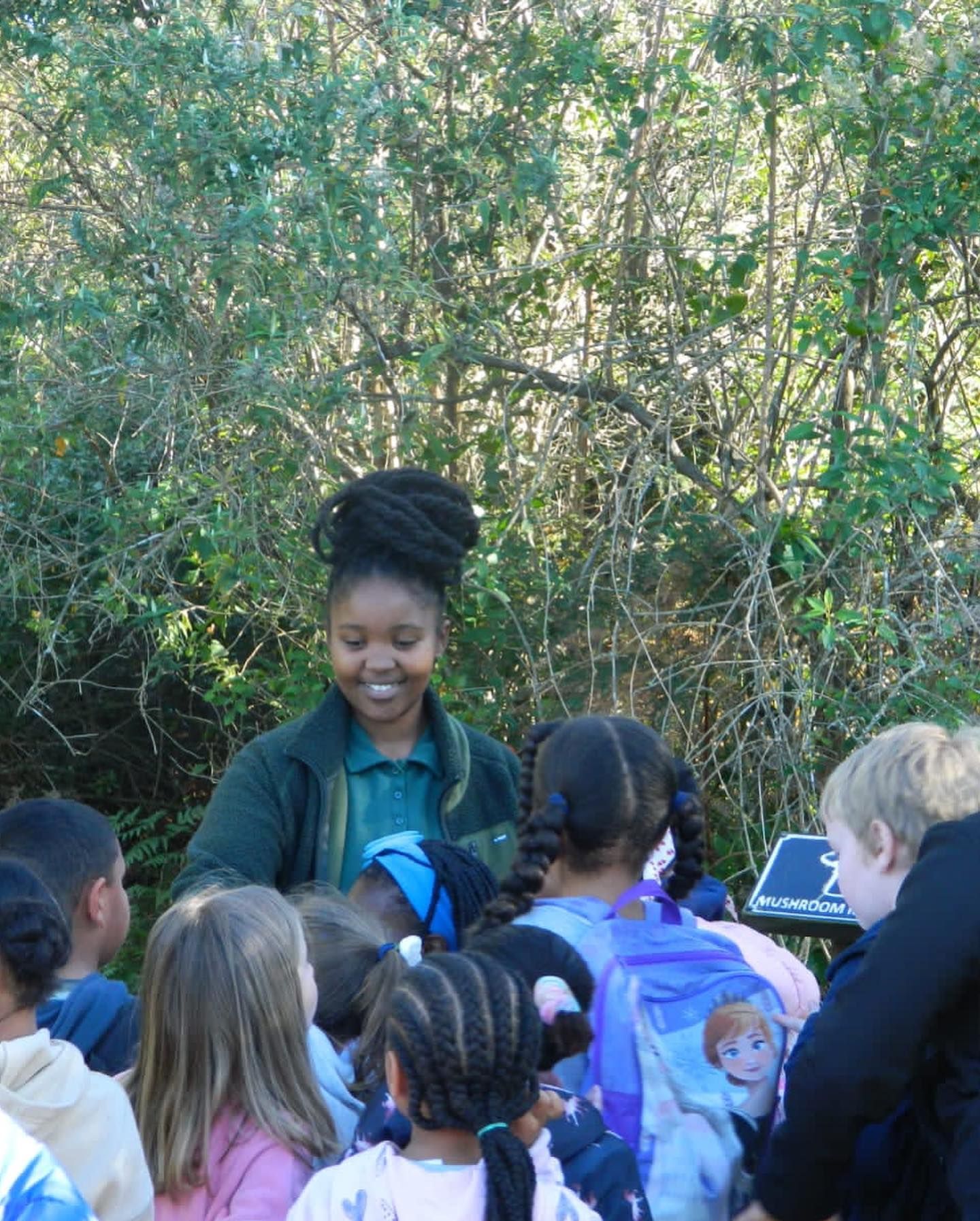
Education and Advocacy Project
At Landmark Foundation, our education and advocacy initiatives are designed to foster a deep connection between communities and the natural world. Through engaging programs and proactive advocacy, we aim to inspire the next generation of conservationists and promote sustainable practices that benefit both wildlife and people.
MADE POSSIBLE BY THE SUPPORT OF:
Schools Programme
We operate several environmental programs within Western Cape schools, targeting passionate young leaders and promoting environmental awareness. These intensive programs impact the entire school community, fostering a culture of sustainability.
Green Clubs:
Our Green Club initiatives focus on developing environmental leaders. They teach students to run campaigns, manage projects, and promote a love for nature. Key components include:
- Developing Environmental Leaders: Inspiring students to take active roles in conservation.
- Promoting Science-Based Knowledge: Educating students about global environmental issues.
- Spreading Awareness: Reaching the broader community, including parents.
- Running Campaigns: Equipping students with skills to lead environmental projects.
Current Green Clubs:
- Glenwood Greens: 26 learners at Glenwood House Preparatory (Grades 5-7), influencing 380 scholars.
- Glenwood Environment Society (GWES): 23 learners at Glenwood House College (Grades 8-12), influencing 460 scholars.
Green Schools –
Recycling Program:
In collaboration with
George Municipality, LGE Waste, and Garden Route District Municipality, we introduce waste management systems in schools. This program promotes the green circular economy, providing financial rewards for schools through recycling efforts.
Creches Project – Early Childhood Development Centres:
Focusing on early childhood development, this project introduces the "Reduce, Reuse, Recycle" concept to young pupils. The program includes setting up waste separation systems, creating compost, and developing food gardens, fostering sustainable habits from a young age.
Key Components:
- Phase 1: Waste separation and composting.
- Phase 2: Using compost in food gardens, promoting the concept of sustainability.
- Community Involvement:
Engaging the entire community in recycling efforts.
Education and Environmental Awareness in South Africa
Education and environmental awareness in South Africa face significant challenges due to socio-economic disparities, resource limitations, and environmental degradation.
These issues are particularly pronounced in rural and under-resourced areas, affecting children, wildlife communities, and overall sustainability efforts.
Environmental Awareness:
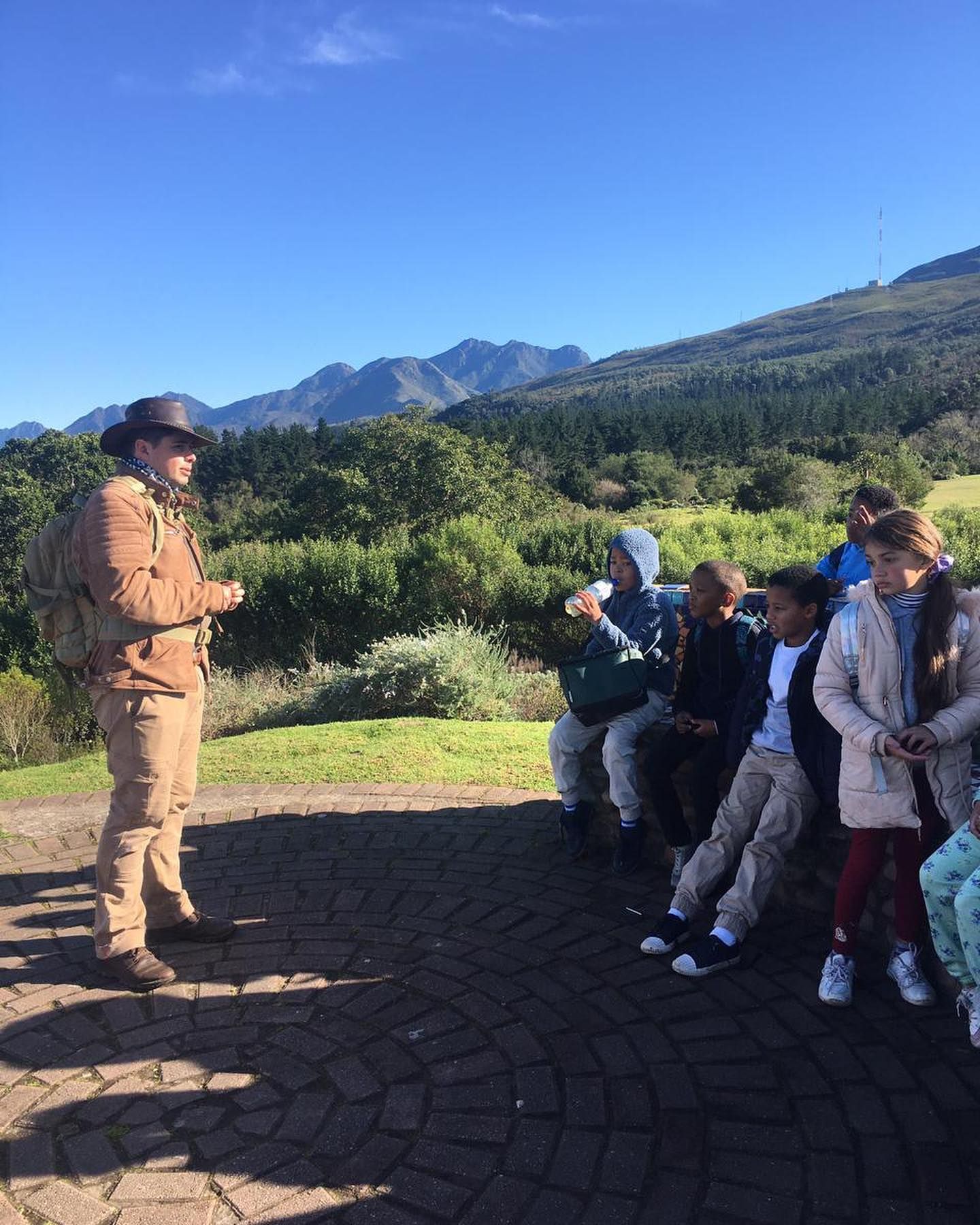 Learn More
Learn More- Lack of Environmental Education: Environmental education is not uniformly integrated into the curriculum, leading to a lack of awareness about conservation and sustainability.
- Limited Access to Nature: Many children in urban and impoverished areas have limited access to natural spaces, affecting their understanding and appreciation of biodiversity.
Educational Disparities:
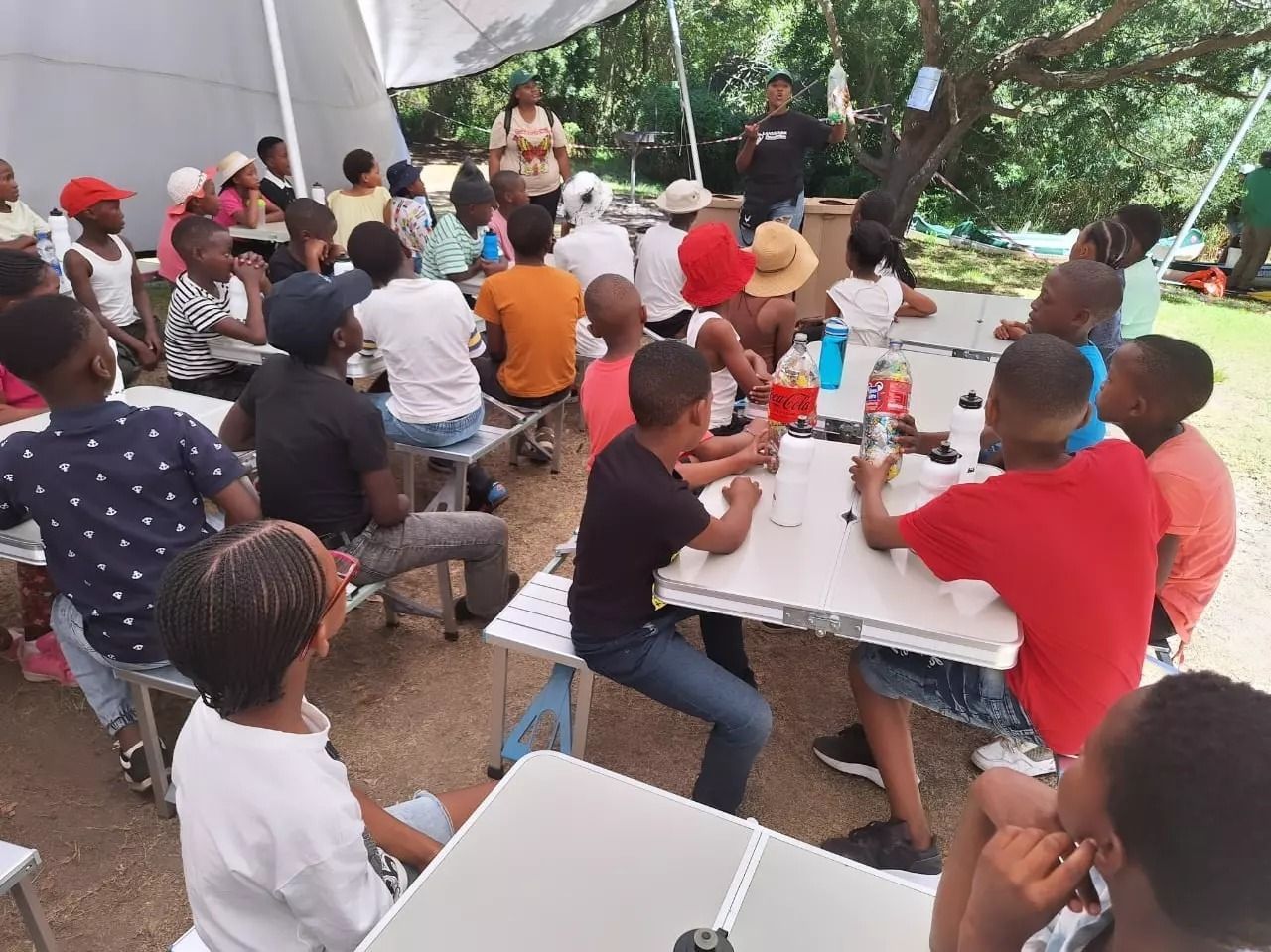 Button
Button- Limited Resources: Many schools, particularly in rural areas, lack access to basic educational resources, impacting the quality of education.
- Teacher Shortages: High teacher turnover and shortages, especially in rural areas, hinder consistent and quality education.
- Infrastructure Deficits: Poor infrastructure, including inadequate classrooms and facilities, affects learning environments.
Human-Wildlife Conflict:
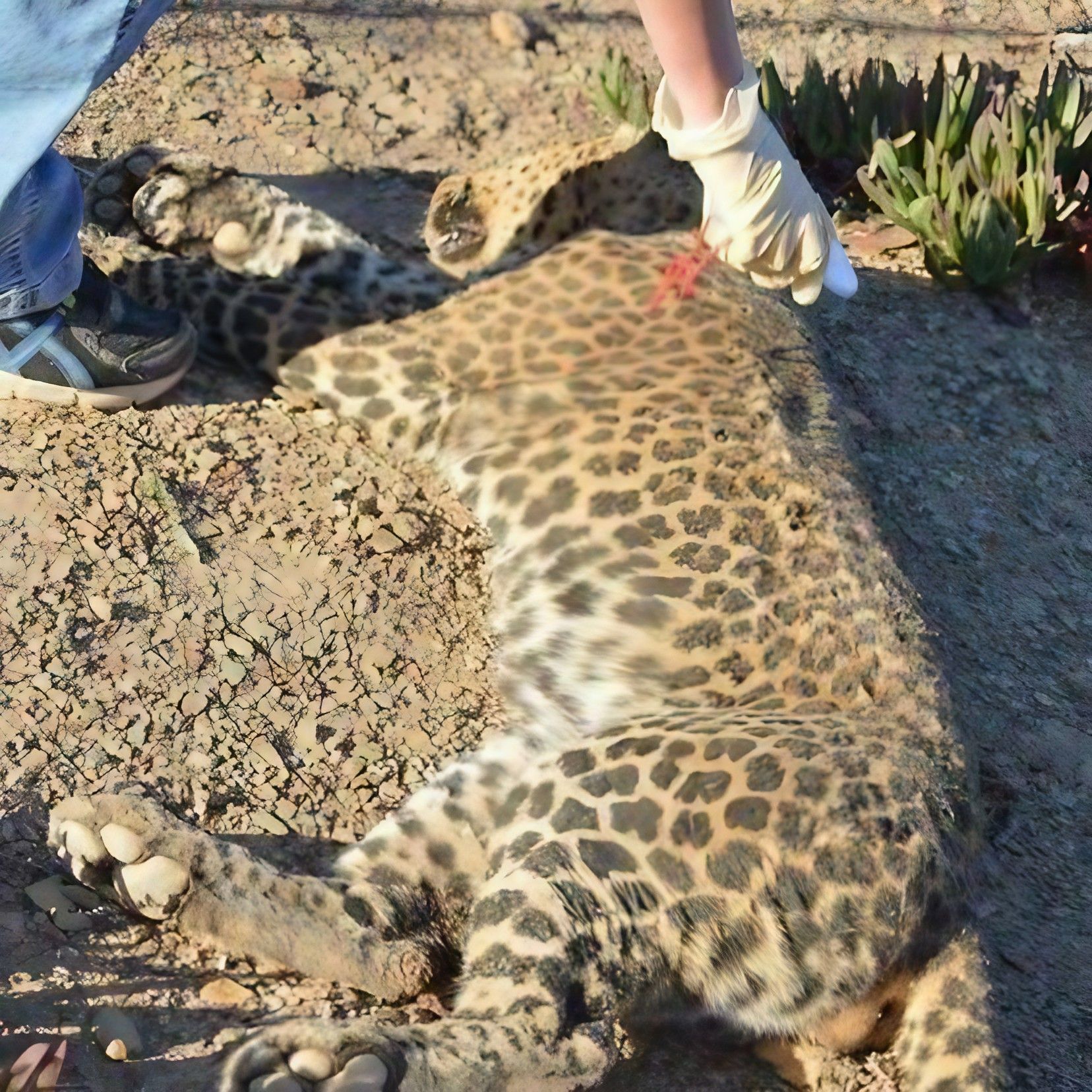 Support Us
Support Us- Conflict Hotspots: Livestock depredation and crop damage by wildlife lead to significant economic losses for rural communities, fostering negative attitudes towards conservation.
- Perceived Threats: Misunderstandings about wildlife behavior and ecology contribute to fear and retaliatory actions against wildlife.
Demographic Challenges:
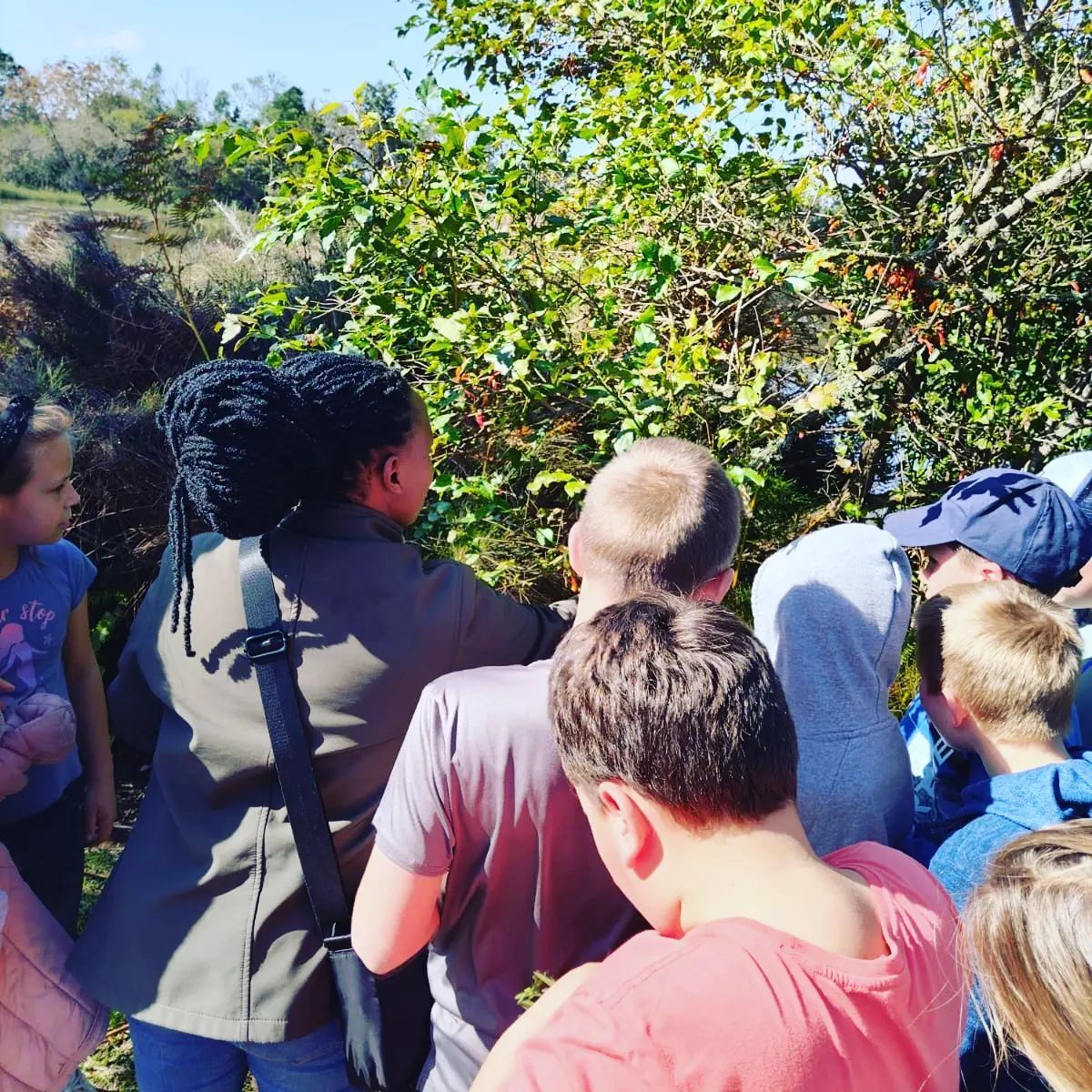
- Youth Unemployment: High rates of youth unemployment exacerbate socio-economic disparities and limit opportunities for engaging young people in conservation efforts.
- Health and Nutrition: Malnutrition and health issues among children in impoverished areas impact their ability to learn and participate in educational programs.
Empowering Communities Through Conservation
Landmark Foundation extends its reach beyond schools, actively engaging with local communities through various initiatives. From hosting environmental workshops to organizing community tree planting events, our programs are designed to foster a culture of conservation and sustainable living.
Key Highlights:
- Tree Planting Events: Partnering with local organizations to rehabilitate natural habitats and promote biodiversity.
- Recycling Initiatives: Implementing community-wide recycling projects that reduce waste and educate residents on sustainable practices.
- Youth Leadership Programs: Developing the next generation of environmental leaders through hands-on conservation activities and leadership training.
- Public Awareness Campaigns: Raising awareness about critical environmental issues through community events, social media campaigns, and collaborative projects with local stakeholders.
Impact Stats:
- Trees Planted: Over 10,000 trees in community-led reforestation projects.
- Waste Reduced: 20% decrease in landfill contributions through our recycling programs.
- Youth Engaged: 5,000+ young people participating in leadership and conservation activities annually.
- Community Events: 50+ community events hosted, fostering collaboration and environmental stewardship.
MADE POSSIBLE BY THE SUPPORT OF:
Become a vital part of our Green Schools Project. Your support helps develop environmental leaders, drive community activism, and promote sustainability among young learners. Join us in nurturing the next generation of environmental stewards.
Help change the world for better, with Landmark Foundation
Join Us in Making a Lasting Impact
Why this is URGENT
20%
Education Access: Only about 20% of rural schools in South Africa have adequate infrastructure, significantly impacting educational outcomes.
1:40
Teacher-Student Ratio: The average teacher-student ratio in rural schools is 1:40, compared to the national average of 1:33, indicating a higher burden on educators in these areas.
35%
Environmental Literacy: A survey by the Department of Environmental Affairs found that only 35% of South African students possess a basic understanding of environmental issues.
1000+
Human-Wildlife Conflict: The Western Cape reported over 1,000 incidents of livestock depredation by leopards and other predators in 2023, highlighting the need for effective conflict mitigation strategies.
Addressing these challenges requires a holistic approach, integrating educational reform, environmental awareness, community engagement, and sustainable development practices. By fostering collaboration among educators, conservationists, and policymakers, we can create a more informed and proactive generation committed to preserving South Africa’s rich biodiversity and promoting sustainable development.
Green Schools Project Sites
SUPPORT GREEN CLUBS TODAY 🐾
MORE SCHOOL BASED ACTIVTIES AND PROJECTS
Wildlife conservation programs
Summary of Environmental Educational Actions in 2023
Landmark Foundation’s 2023 Educational Impact
Our diverse educational programs reached numerous learners and educators in 2023. Highlights include:
- Green Clubs: Weekly sessions with Glenwood House Primary and College.
- Green School Recycling Program: Active in Gracehill College, engaging 112 learners.
- Creches Project: Early childhood environmental education in multiple schools.
- Food Garden Community Project: Sustaining food gardens in impoverished areas.
- Youth Conservation Camps: Intensive conservation education for Oakdale Agri School students.
- Environmental Tours and Green Passports: Engaging over 300 learners in practical nature studies.
- Public Awareness and Capacity Building: Various projects including Arbor Week, Touwsriver Revival, and the City Nature Challenge.

